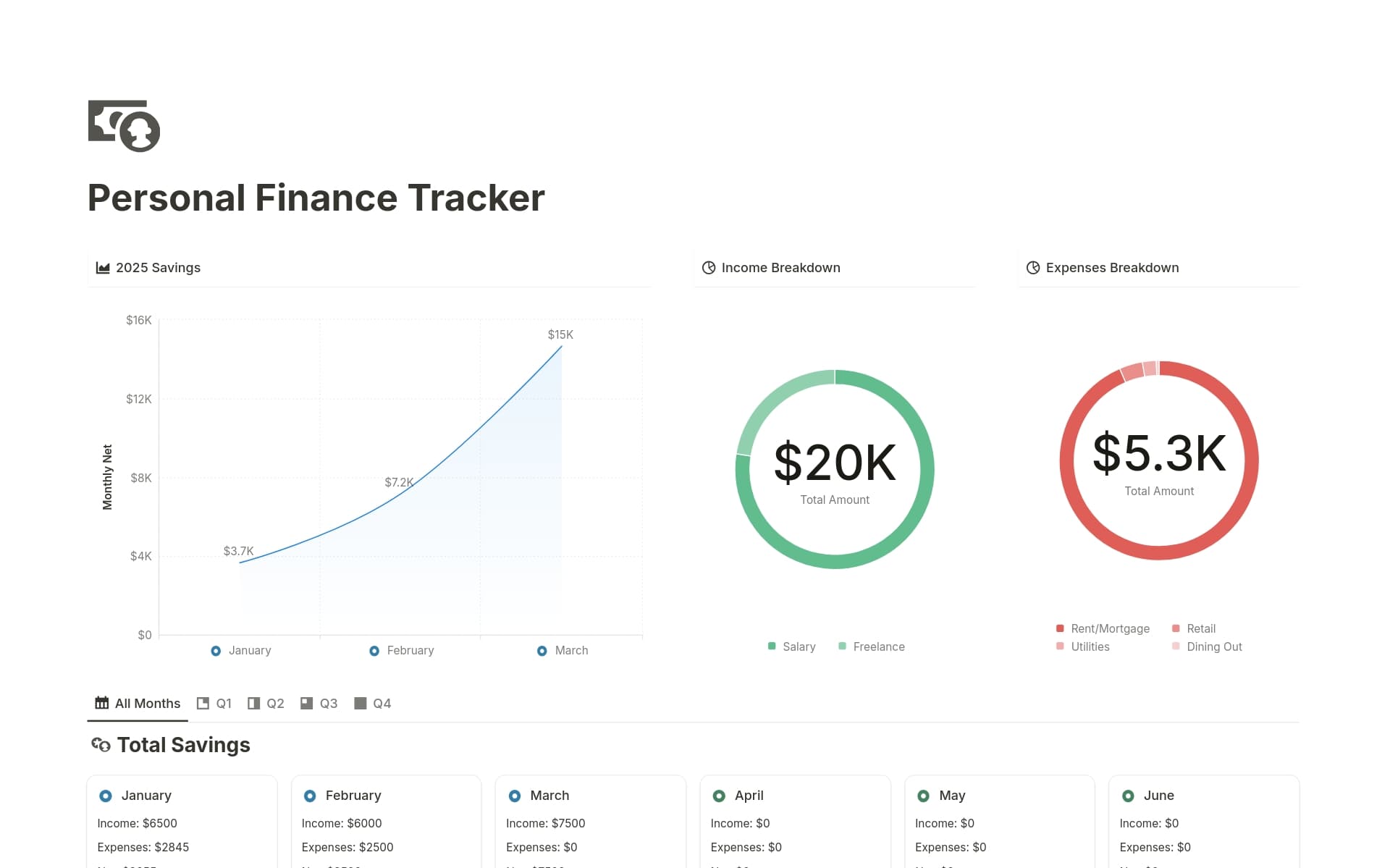Workflow Ops are essential for maintaining efficiency and organization in both personal and professional life. They help streamline processes, reduce errors, and save time by providing a structured approach to managing tasks and projects. A Workflow Ops template in Notion can simplify the creation and management of these workflows, offering a customizable framework that adapts to your specific needs.
Before you dive into crafting your own Workflow Ops, take a look at these Notion templates designed to facilitate the process and make it more manageable. Whether you're running a small business, managing inventory, or overseeing agency projects, these templates can provide a solid starting point for your workflow optimization.
What Should Workflow Ops Templates Include?
Choosing the right Workflow Ops template in Notion can significantly streamline your operational processes. Here are key components to look for when selecting a template:
Task Management: The template should offer comprehensive tools for tracking tasks, including assignment, deadlines, and progress updates to ensure nothing falls through the cracks.
Integration Capabilities: A good template should seamlessly integrate with other tools used by your team, such as email, calendars, and project management software, to centralize operations.
Customization Flexibility: It should be adaptable to your team's specific needs, allowing you to modify or add components as your workflow evolves.
Reporting Features: Effective templates should include built-in reporting capabilities that allow you to generate performance insights and track efficiency improvements over time.
Selecting a template with these components will help you maximize productivity and maintain control over your team's workflow operations.
What Should Workflow Ops Templates Avoid?
When selecting a Workflow Ops template in Notion, it's essential to be aware of certain features that might complicate or hinder your operational flow. Here are three key components to steer clear of:
Overly Complex Automations: Templates with intricate automations can be counterproductive. They often require frequent adjustments and can be challenging to maintain, leading to more confusion than clarity.
Non-customizable Elements: Avoid templates that don't allow you to tweak and tailor sections to fit your specific needs. Flexibility in a template is vital for adapting to the evolving demands of business operations.
Excessive Integrations: While integrations can be beneficial, too many can slow down your workflow. Choose templates with essential integrations that enhance productivity without overwhelming the system.
Choosing the right template involves looking for simplicity, flexibility, and efficiency to ensure it enhances your operational processes without unnecessary complications.











